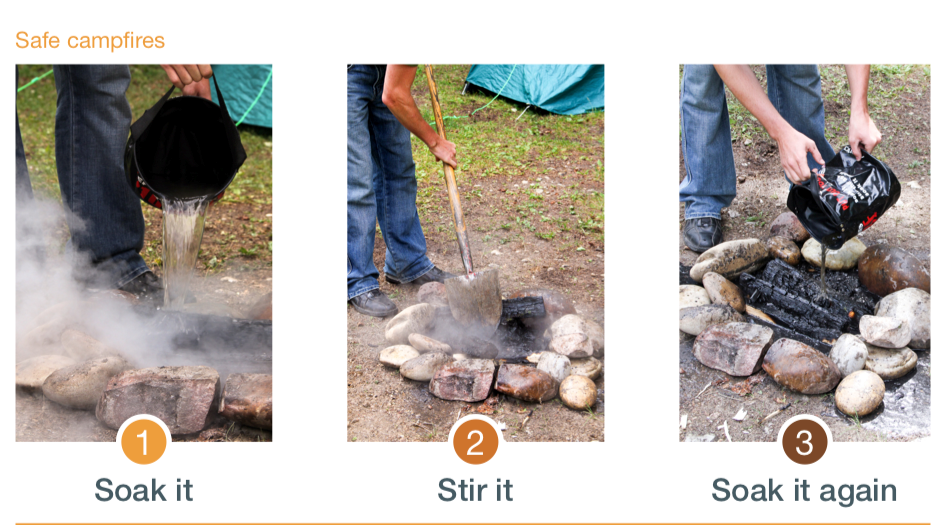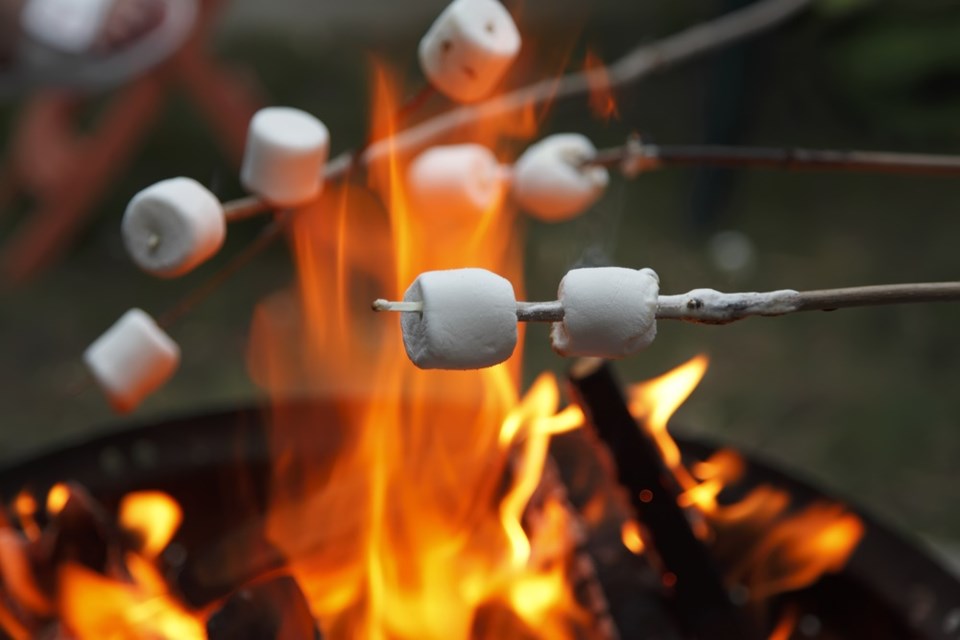Residents and campers who are looking forward to enjoying the outdoors this Victoria Day long week will be permitted to use small, safe, campfire, cooking and warming fires as the province has reduced the status of wildfire danger to ‘Low’ for the Lac La Biche Forest Area.
Although small campfires will be permitted in the Lakeland region this weekend, the County is still under a restricted fire ban that prevents heavy burning and all other fire permits due to cured grass and the high risk of potential spread.
As campers and recreational users get ready for the long weekend, Alberta Wildfire information officer Travis Fairweather says, responsible land use is key in the prevention of causing further wildfires.
“The May long weekend is typically when Alberta Wildfire sees the highest number of human-caused wildfires,” says Fairweather.
Last year person-caused fires accounted for 88 per cent of wildfires in the Lac La Biche Forest Area, which was well above the region’s normal five-year average. In previous years during the Victoria Day weekend approximately 63 per cent of wildfires were the result of human activity.
Snow turns to sun
As a result of wet and snowy conditions overnight there are currently no active wildfires in the Lakeland area, down from two in the area that were active yesterday. The week's weather forecast calls for improvements towards the weekend with temperatures nearing 20Celsius for daytime highs by Saturday.
Since March 1 the beginning of the wildfire season, the Lac La Biche Forest Area has reported 81 wildfires. This is higher than the region’s five-year average of 74 wildfires leading up to previous May long weekends.
Reducing wildfire risks
Many human-caused wildfires can be prevented with consideration and diligence by individuals who are using recreational areas or other public lands, especially when it comes to the use of off-highway vehicles (OHV), say Fairweather.
“An off-highway vehicle exhaust can get very hot, reaching temperatures of over 200 Celsius, causing debris caught near the exhaust to become superheated. This debris can fall to the ground and potentially start a wildfire,” he says.
Fairweather recommends users of ATVs and OHVs “stop occasionally to check the hot spots on the vehicle and clean any debris that has built up near the exhaust and muffler, under the seat, in wheel wells and around the engine.”
Another human activity that can commonly lead to fire spread is the improper extinguishing of campfires.
To properly extinguish campfires, Fairweather says, to let the fire burn down as much as possible then to soak the fire and pit, stirring it and soaking it again. Spread the embers, add water or loose dirt and stir.
 Alberta Wildfire PSA information can be found at www.wildfire.alberta.ca. By www.wildfire.alberta.ca
Alberta Wildfire PSA information can be found at www.wildfire.alberta.ca. By www.wildfire.alberta.caIt is crucial that individuals never cover or bury a fire or embers. He says, it is important to continue by exposing any materials still burning, then add more water and stir again until you can no longer see smoke or steam.
“Repeat until your campfire is cool to the touch. You should not be able to feel any heat from the ashes.”
If residents see smoke or fire, Alberta Wildfires ask them report it right away by calling 310-FIRE (310-3473) toll-free from anywhere in Alberta.



